Directory
- Share
Zachary Watson
- Alumni
- United States
- 2009 MPhil Development Studies
- St John's College
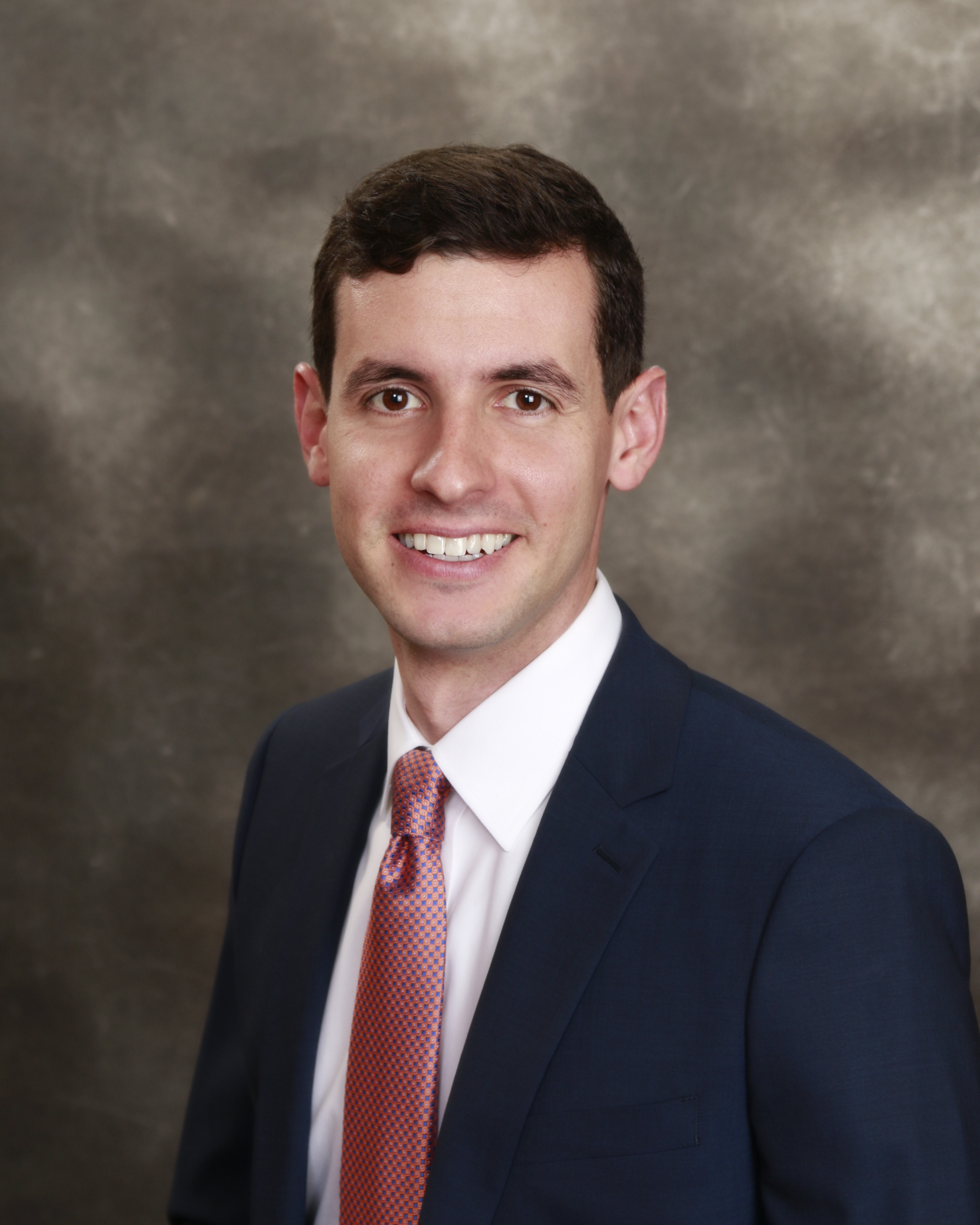
Zachary Watson
- Alumni
- United States
- 2009 MPhil Development Studies
- St John's College
Zach Watson is the Chief of Staff and the global development nonprofit Evidence Action, based in Washington, DC.
Evidence Action takes the most evidence-supported development interventions in the areas of health, water, sanitation, hygiene, and nutrition, and scales them massively to achieve cost-effective impacts that improve the lives of millions. As Chief of Staff, Zach supports the CEO's strategy and implementation for new and existing programs.
Most recently, he served as a Fellow in the Chief of Staff of the Army’s Strategic Studies Group, where he performed long-term strategic forecasting and analysis. He has served in various command and staff roles in support of U.S. Army units in the Pacific and in Afghanistan.
He holds a Bachelor of Science degree in Economics and Arabic Language from West Point and a Master of Philosophy degree in Development Studies from Cambridge University.
Jeffrey Watumull
- Alumni
- United States
- 2010 PhD Linguistics
- Christ's College
Jeffrey Watumull
- Alumni
- United States
- 2010 PhD Linguistics
- Christ's College
“Philosophy is written in this vast book, which continuously lies upon before our eyes (I mean the universe). But it cannot be understood unless you have first learned to understand the language and recognize the characters in which it is written. It is written in the language of mathematics” (Galileo). The Galilean ideal that the beauty of nature is definable mathematically is empirically verifiable in the uniquely human capacity for language. We are genetically endowed with the mental (computational) algorithms to generate linguistic expressions of technically infinite complexity (explicable in terms of set theory and algebra). To discover the mathematical laws that emerged in our evolution to govern the generative power of language is the desideratum of my research--research that would be impossible for me to conduct but for the Gates Scholarship with its audacity to suppose with me that pure science (pure mathematics) will ultimately redound to the good of nature.
Bailey Weatherbee
- Alumni
- United States
- 2019 PhD Physiology, Development and Neuroscience
- Jesus College

Bailey Weatherbee
- Alumni
- United States
- 2019 PhD Physiology, Development and Neuroscience
- Jesus College
Since childhood, I was always fascinated by developmental biology. I wanted to understand how a single cell could become a complex organism. After matriculating as an Honors Biology student at the University of Delaware, I joined Dr. Salil A. Lachke’s developmental genetics laboratory where I studied the role of RNA-binding protein-mediated post-transcriptional regulation in mammalian ocular lens development. Simultaneously, I explored my passions for education access and science advocacy. Since 2014, I’ve worked with Leading Youth Through Empowerment – a non-profit that offers accelerated coursework to high-achieving at-risk youth. I also participated in the American Society for Biochemistry and Molecular Biology’s Advocacy Training Program through which I met with the offices of my senators and representative to advocate for science funding and education.At Cambridge, I will carry out my Ph.D. project in the laboratory of Dr. Magdalena Zernicka-Goetz studying the post-implantation development of human and mouse embryos. Post-implantation stages are referred to as the “black box” of development, and very little is known about these early stages when many pregnancies fail. Recently, Dr. Zernicka-Goetz’s group developed a culture system that opened this “black box” and I look forward to finding what lies within it. I am honored to join the motivated and interdisciplinary Gates Cambridge community.
Previous Education
University of Delaware Bachelor of Science in Biological Sciences 2019
Chelan Weaver
- Alumni
- United States
- 2009 PhD Biological Science
- Wolfson College

Chelan Weaver
- Alumni
- United States
- 2009 PhD Biological Science
- Wolfson College
I am interested in the interplay between biology and behavior. After receiving a B.A. in biopsychology from Vassar College, I went on to obtain my M.S. in cognitive neuroscience from the University of Oregon. At Cambridge University, I am pursuing my Ph.D. at the Medical Research Council Cognition and Brain Sciences Unit. My research has focused on understanding how people control their behavior. Because the capacity to stop undesirable responses is related to positive life outcomes such as academic achievement and health, I hope to make both theoretical and practical contributions. For my dissertation, I have tested whether two superficially different types of responses, thoughts and actions, are stopped using the same cognitive processes. I have also been investigating to what extent different types of stopping rely on common brain regions, and whether individual differences in ability to prevent unwanted actions is related to differing brain structure or connectivity.
Anke Weber
- Alumni
- Germany
- 2005 PhD Economics
- Emmanuel College

Anke Weber
- Alumni
- Germany
- 2005 PhD Economics
- Emmanuel College
My choice to undertake a PhD in monetary policy is due to my deep interest in the subject and to my future career plans: Upon graduation, I would like to pursue a career as a professional economist in a central bank or international organisation. A PhD in monetary policy will equip me with the necessary knowledge, which I hope to be able to use eventually to contribute to the further development of a unified Europe.
Madeline Weeks
- Alumni
- United States
- 2014 MPhil Geographical Research
- Lucy Cavendish College

Madeline Weeks
- Alumni
- United States
- 2014 MPhil Geographical Research
- Lucy Cavendish College
As a California native with bi-racial British and Chinese heritage, I sensed a deep commitment to promoting exchange from an early age. My research to date has focused on two commodities—chocolate and coffee—with cross-cultural and interdisciplinary overlap. I study how these commodities are linked to broader concerns like human wellbeing and ecosystem services in the context of an evolving world. In 2011 I graduated from Wellesley College in 2011 with a B.A. in Economics and Spanish. My undergraduate thesis examined the role of cacao through the dynamically changing sociocultural history of Mexico. Upon completion of this work, I returned to Mexico to study coffee—a similar yet distinctly different commodity. Supported by a Fulbright-Garcia Robles Scholarship (2013-2014), I worked in collaboration with an ongoing interdisciplinary initiative called Café In Red at the Institute of Ecology, A.C. to understand socioeconomic considerations of small-scale coffee producers in Central Veracr
Justin Wei
- Scholar
- Hong Kong
- 2023 PhD History
- St Edmund's College
Justin Wei
- Scholar
- Hong Kong
- 2023 PhD History
- St Edmund's College
Born and raised in Hong Kong, I am very grateful to have had teachers who from early on nurtured my passion for historical inquiry. My research to date has centred around post-imperial projects of world-making and solidarity. As an undergraduate, I investigated postcolonial economic thought in the Caribbean, with a particular focus on Michael Manley, members of the New World Group, and advocacy for the New International Economic Order. During my MPhil, I returned to the topic of the New International Economic Order, examining how various British constituencies responded to this bold programme demanding global economic reform. At Cambridge, I intend to explore an adjacent instance of postcolonial ‘world-making’ by examining how networks and expressions of Afro-Asian solidarity in support of the Black Power movement emerged and evolved – both across the Caribbean and within the United Kingdom. I hope that this research will shed light not only on how intersectional solidarity manifests and operates, but also on the implications of such historical solidarity for contemporary anti-racism movements. I am honoured to be able to pursue this research as part of the Gates Cambridge community.
Previous Education
University of Cambridge Economic and Social History 2022
Harvard University History 2021
Tian Wei
- Alumni
- China
- 2007 PhD Engineering
- Wolfson College
Tian Wei
- Alumni
- China
- 2007 PhD Engineering
- Wolfson College
My research is on identifying and achieving synergies in mergers and acquisitions in Medical Device industry. I choose qualitative methodology for my research. In the past two years I have been to several companies (across several sectors) to do case studies to collect data.
Aaron Weinstock
- Alumni
- Australia
- 2004 MPhil Philosophy
- Trinity College

Aaron Weinstock
- Alumni
- Australia
- 2004 MPhil Philosophy
- Trinity College
I am a commercial lawyer with a nagging interest in analytic philosophy. In 2004-5, I took a break from legal practice to satisfy that interest at Cambridge. It was a pleasure and honour to study analytic philosophy at Cambridge, where the discipline was substantially invented.
Julia Weiss
- Scholar
- United States
- 2024 PhD Plant Sciences
- Darwin College
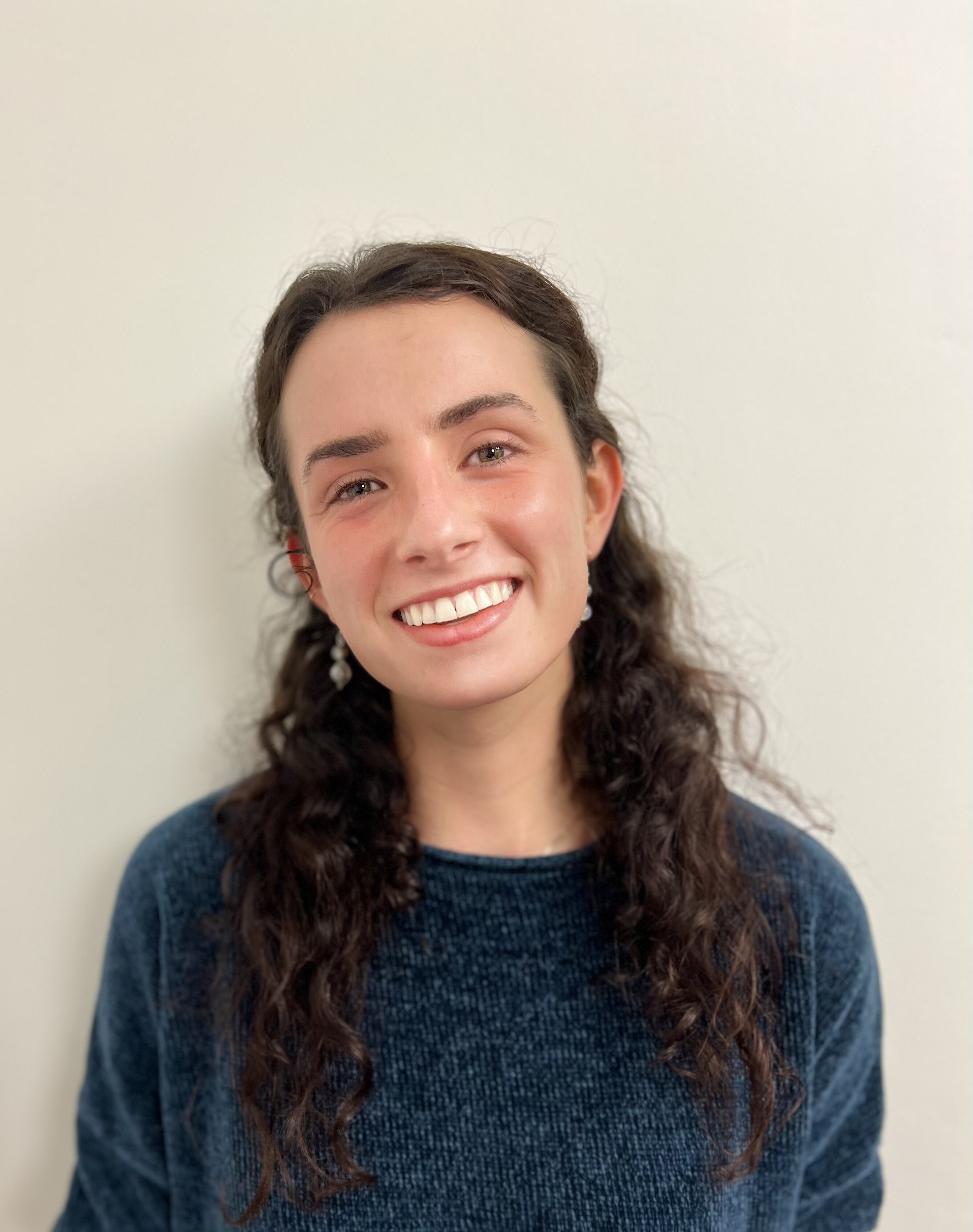
Julia Weiss
- Scholar
- United States
- 2024 PhD Plant Sciences
- Darwin College
Our planet is undergoing simultaneous transformations, with climate change, habitat degradation, pollution, invasive species, disease, and overexploitation posing significant threats to the environment. To truly grasp the impact of these pressures on species, it is essential to delve into their long-term implications and understand how they synergistically interact and cascade within an ecosystem. These are questions that have fascinated me since my undergraduate degree at the University of Michigan. My research in India, where I collaborated with Professor Trevor Price at the University of Chicago, examined the effects of land use change on avian communities and morphology. During my master’s degree at the University of Edinburgh, I studied a different environmental stressor - microplastic pollution. I investigated its interplay with water temperature, aiming to understand how warmer oceans might influence microplastic uptake in sponges. At Cambridge, I will pursue a PhD in Plant Sciences under Professor David Edwards. I will be studying avian communities in Borneo to unravel temporal changes within logged and pristine forests and assess how climate change might exacerbate the impacts of land degradation.
Previous Education
The University of Edinburgh Marine Systems and Policies 2021
University of Michigan Ecology Evolution Biodiversity 2019
Samuel Weiss-Cowie
- Scholar
- United States
- 2022 PhD Medical Science @ MRC Cognition and Brain Sciences Unit
- Peterhouse

Samuel Weiss-Cowie
- Scholar
- United States
- 2022 PhD Medical Science @ MRC Cognition and Brain Sciences Unit
- Peterhouse
My academic career has been driven by a dual passion for language and the brain. Pursuing degrees in neuroscience and Korean at the Georgia Institute of Technology made me curious about how language is acquired and processed neurally. While my experience as a student of Korean inspired questions about language, time spent in neuroscience courses and laboratories taught me about the tools needed to answer those questions. Now, I intend to investigate the neural underpinnings of speech perception at Cambridge’s MRC Cognition and Brain Sciences Unit. My goal is to research the ways in which our brains deal with ambiguous speech. As anyone who has learned a new language will attest, it can be exceptionally difficult to identify the words produced by native speakers. In addition, myriad factors—such as a loud environment, accented speech, or unfamiliar vocabulary—can make fulfilling one’s role as a listener more difficult even in one’s native language. By discovering what scenarios allow for optimal word learning, I hope to inform more effective methods in language pedagogy. I am beyond honored to be joining the Gates Cambridge community and look forward to meeting my fellow scholars at Cambridge.
Previous Education
Georgia Institute of Technology Korean Studies 2021
Ben Weissenbach
- Scholar
- United States
- 2023 PhD Polar Studies
- St John's College
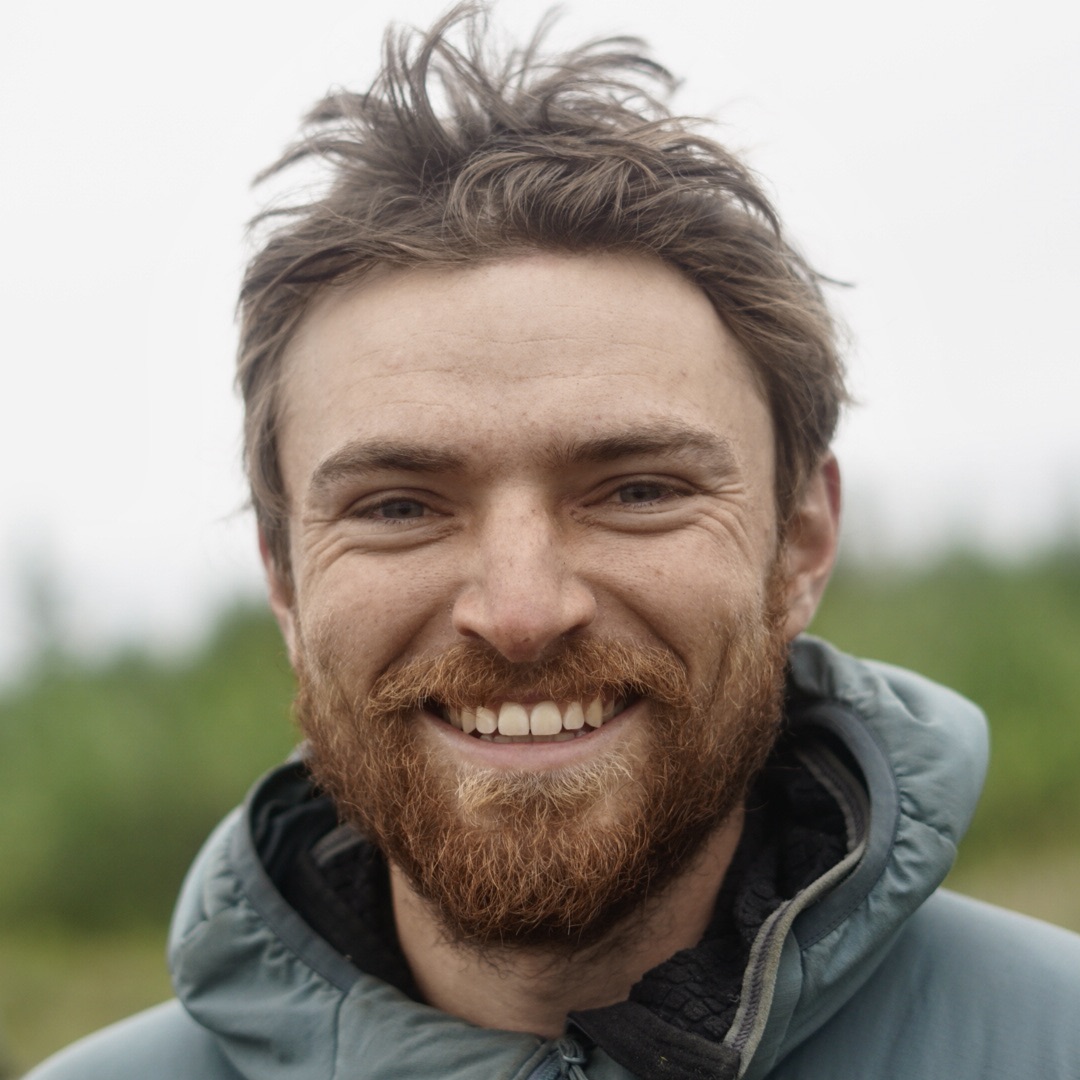
Ben Weissenbach
- Scholar
- United States
- 2023 PhD Polar Studies
- St John's College
Ben is a journalist and writer from Los Angeles. As an undergraduate at Princeton, he used breaks to shadow scientists in Alaska, visiting the largest glaciers in the American Arctic, living off-grid in winter to research permafrost, and walking and packrafting across the Brooks Range to study the boreal forest’s poleward migration. His forthcoming nonfiction account, North to the Future (Grand Central, July 2025), recounts a scientific, philosophical, and attentional journey to understand how one of the fastest-warming corners of the planet is changing. His writing has also appeared in the LA Times, National Geographic, Smithsonian, Scientific American, Literary Hub, Washington Post, and other publications. As a PhD candidate in Polar Studies at Cambridge, he plans to research environmental perception under the mentorship of Professor Michael Bravo. In spare time, he runs trails, surfs, and volunteers as an ocean therapist.
Previous Education
Princeton University English 2020
University College London English 2018
Luis Welbanks
- Alumni
- Mexico
- 2017 PhD Astronomy
- Churchill College
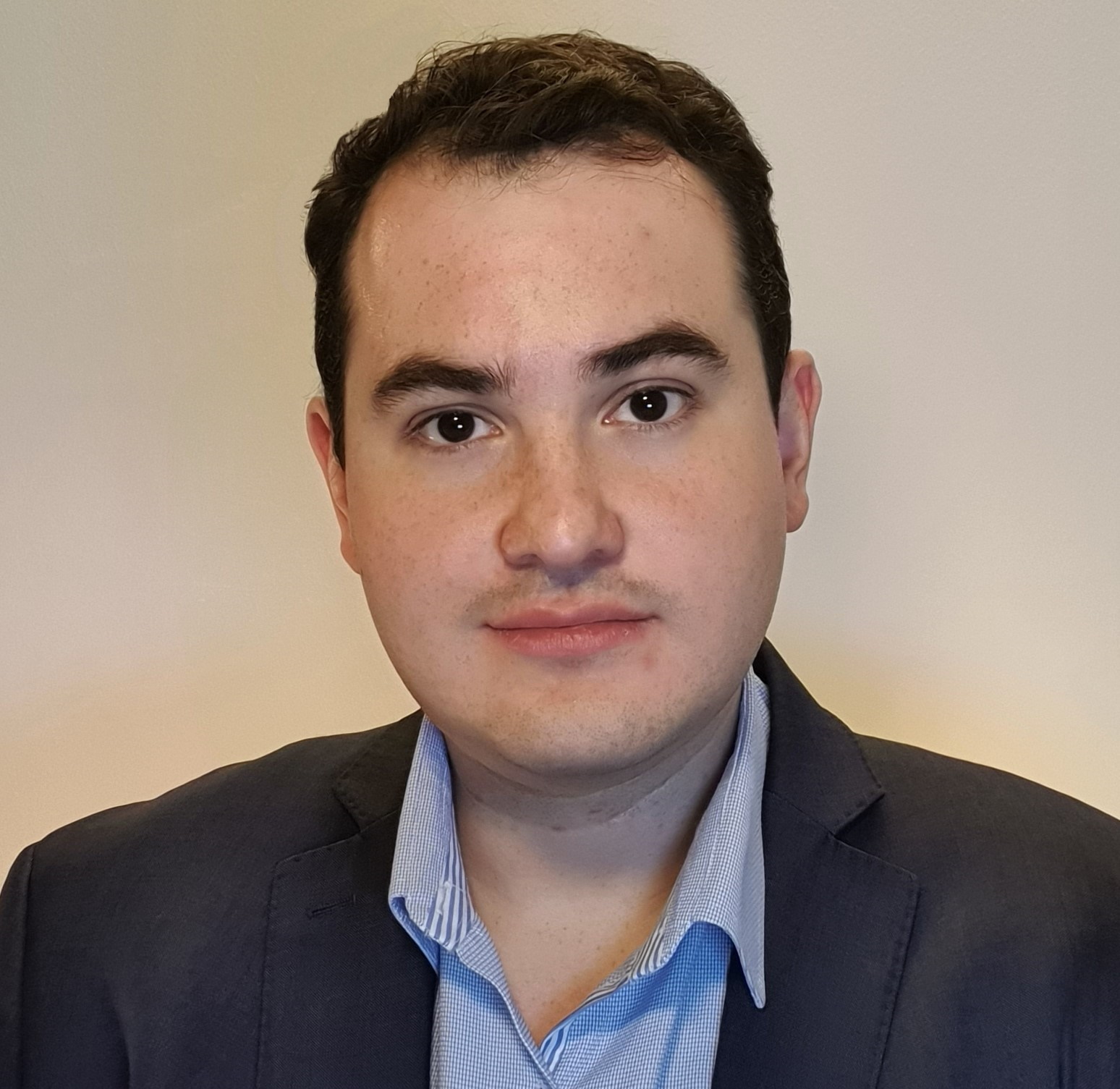
Luis Welbanks
- Alumni
- Mexico
- 2017 PhD Astronomy
- Churchill College
I studied my PhD at the Institute of Astronomy, Cambridge from 2017 to 2021. On August 2025 I will start my role as Assistant Professor at Arizona State University. Here is the biography I submitted as an incoming Gates Scholar. My experience in life taught me not to conform with the stereotypes imposed by those in power. I believe that every person can achieve greatness and should be allowed to fulfill their dreams. Being a Mexican, I see science as the means to take down the walls built by those trying to divide us, empower people to make informed decisions and appreciate that all lives have equal value. My passion for science transformed into a deep curiosity to understand our universe and the conditions that allowed for our existence. My desire to understand the world took me from Mexico to Canada where I became the first person at the University of Calgary to finish two majors in physics and astrophysics in four years. Later, I joined Dr. Rachid Ouyed and his group to study the Quark Nova, its astronomical signatures and implications. Now in Cambridge, I am honoured to join Dr. Nikku Madhusudhan and his group in studying and characterizing the atmospheres of exoplanets. We are as close as we have ever been to understanding our place in the universe and the uniqueness of our existence. The quest for habitable planets thrills me and I believe that this excitement is shared with the rest of humanity. My path to becoming a Gates-Cambridge scholar has not been linear and I owe a large amount of gratitude to every person who believed in me and helped me become who I am. I hope this opportunity will allow me to inspire others to pursue their goals and create scientific opportunities in Latin America.
Previous Education
University of Calgary
Links
Ariane Elyse Welch
- Alumni
- Australia
- 2007 PhD English
- King's College

Ariane Elyse Welch
- Alumni
- Australia
- 2007 PhD English
- King's College
I completed my BA studies in 2005 at Sydney University, with Honours in English and Semiotics. While studying Systemic Functional Grammar, I was involved in research grant projects using Multi-Modal Discourse Analysis to analyse facial affect and expression in children’s literature, and as a research assistant studying the semiotics of embodiment in public political discourse. I work particularly in the field of stylistics, which is the use of linguistics in literary analysis. My PhD examines three modalities of social construal and research: modernist poetry, functionalist and materialist linguistics and linguistic theory, and marxist and critical theory. I intend to analyse the poetry of Louis Zukofsky, the linguistic theories of Volosinov and Hjelmslev, and the marxian and critical theories of Lukacs and Jameson. After my PhD, I'd like to enter the academy to teach and research in this area.
Orian Welling
- Alumni
- United States
- 2009 PhD Engineering
- Trinity College

Orian Welling
- Alumni
- United States
- 2009 PhD Engineering
- Trinity College
Lea Wenger
- Alumni
- France
- 2019 PhD Clinical Neurosciences
- Fitzwilliam College
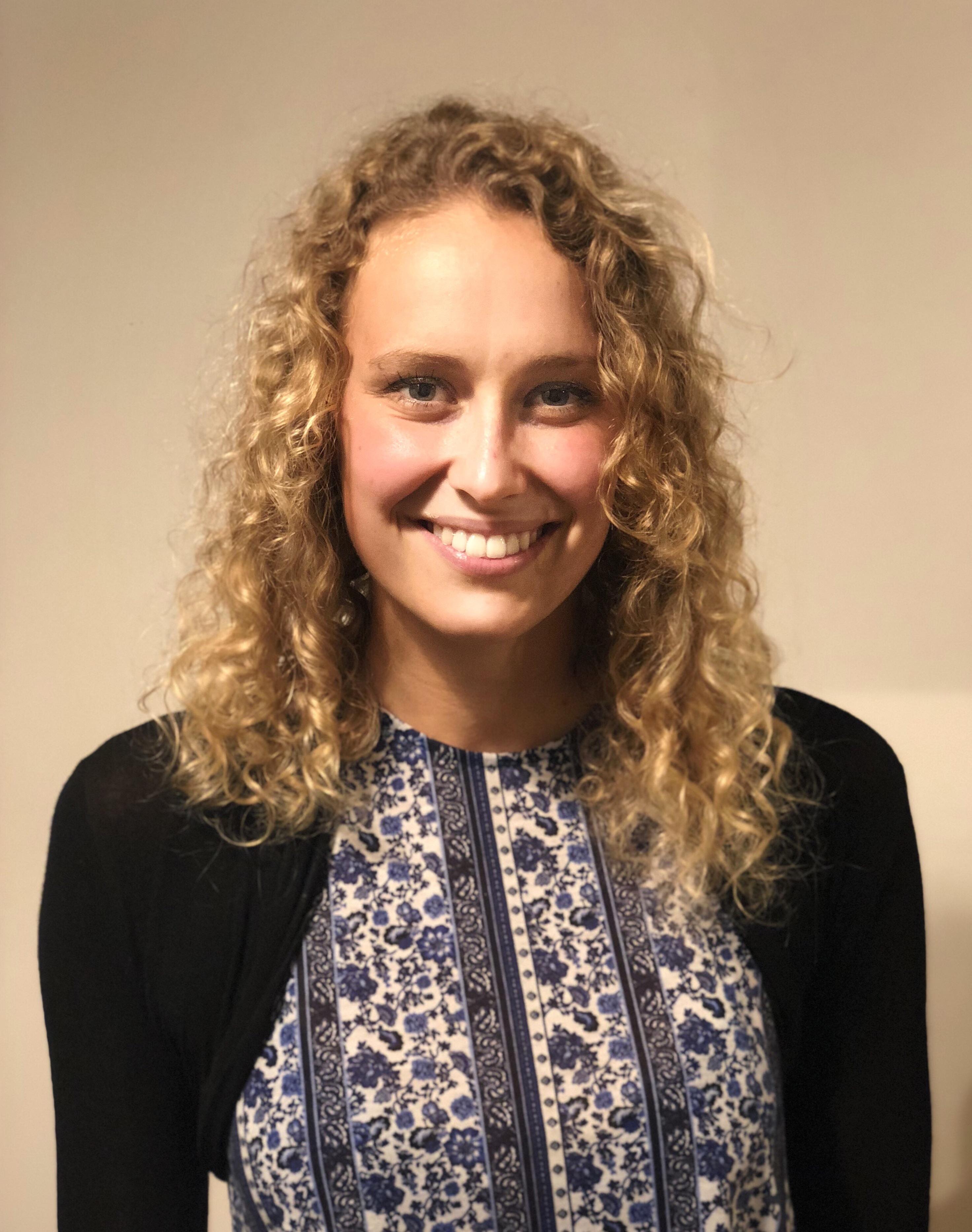
Lea Wenger
- Alumni
- France
- 2019 PhD Clinical Neurosciences
- Fitzwilliam College
What happens to the neurons in the brain? Why do they fail with age? Neurons have always been the centre of attention in the field. However emerging evidence shows how important certain sideline players are in shaping neuronal responses. Astrocytes are cells within the brain that provide neurons with the energy they need and a map for building new connections. They are also key in determining which neurons survive and which will die in the context of disease, but how they decide this is still unknown.
Since my undergraduate studies in Veterinary Medicine, undertaken at the University of Cambridge, I have been drawn towards the unknown. The extent of the knowledge left to discover in neuroscience and the rate at which the field is evolving drove me to pause my clinical studies to pursue a PhD in Dr. Lakatos’ lab. During this PhD, I will investigate the astrocytic response to injury and neurodegeneration. By looking at the evolution of this response through time in human stem cell cerebral organoids, I hope to reveal pathways that we may be able to target, to promote neuroprotection in cases of traumatic brain injury and/or neurodegeneration.
Previous Education
University of Cambridge Clinical Neurosciences 2019
University of Cambridge Neuroscience II/MVST Vet IA,IB 2017
Brandon Wesley
- Alumni
- United States
- 2016 PhD Surgery
- Sidney Sussex College
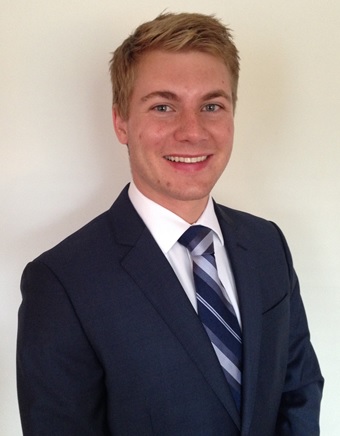
Brandon Wesley
- Alumni
- United States
- 2016 PhD Surgery
- Sidney Sussex College
Growing up in New Jersey, my fascination with problem-solving and innovation inspired me to study chemical engineering at Villanova University. I graduated Summa Cum Laude with awards for being at the top of my chemical engineering class as well as Villanova's College of Engineering. Engineering aims to elucidate vast systems by developing elegant solutions to scientific problems, and I have directed this ability toward my studies in biology and bioengineering. I became interested in regenerative medicine after being exposed to stem cell-based therapies at the McGowan Institute for Regenerative Medicine, and by working on my undergraduate thesis in gene therapy to analyze how different genetic elements affected the uptake and expression of a plasmid vector in cancer cells. Regenerative medicine has tremendous potential for personalized treatment of a vast array of diseases. For my PhD in Surgery at the University of Cambridge, I will explore stem cell therapies for degenerative diseases, with a focus on correcting and differentiating induced pluripotent stem cells into specialized tissues. I believe in providing modern medicine to people around the world and eliminating prevalent diseases that cause countless deaths each year. I attribute my focus and perseverance to my training in Tae Kwon Do, which I began when I was 6 years old. My martial arts mentors and family members have provided guidance at every step of my journey. I am honored to join the Gates Cambridge community, whose scholars exhibit my same dedication to excellence and desire to see the world become a better place.
Previous Education
Villanova University
Tara Westover
- Alumni
- United States
- 2008 MPhil Political Thought and Intellectual History
2009 PhD History - Trinity College
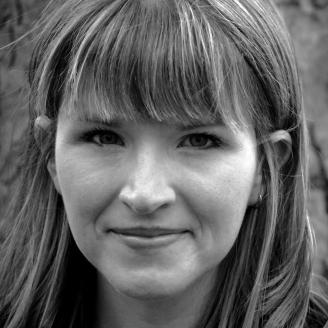
Tara Westover
- Alumni
- United States
- 2008 MPhil Political Thought and Intellectual History
2009 PhD History - Trinity College








